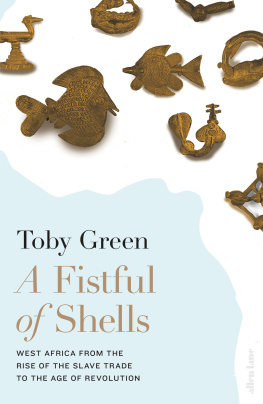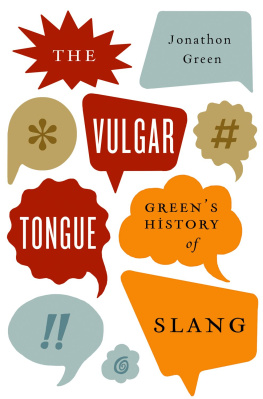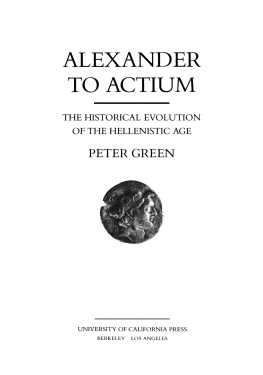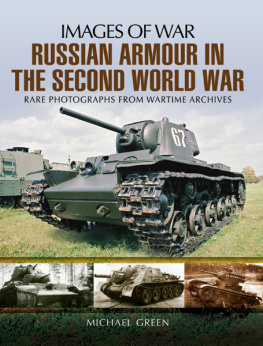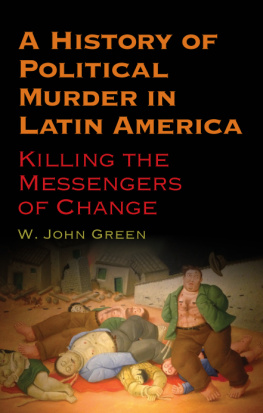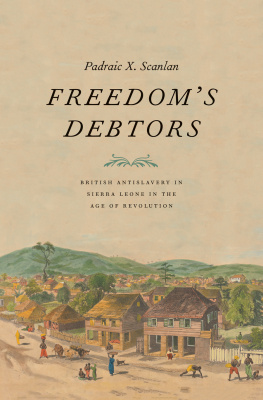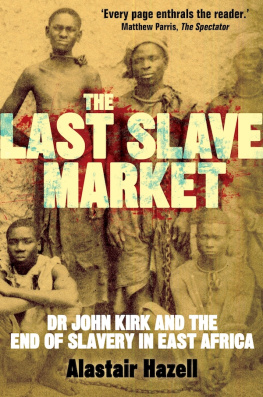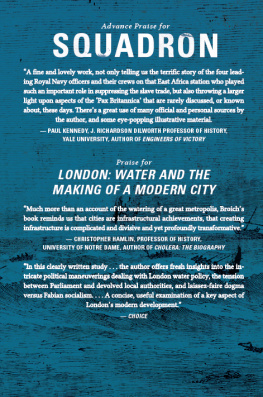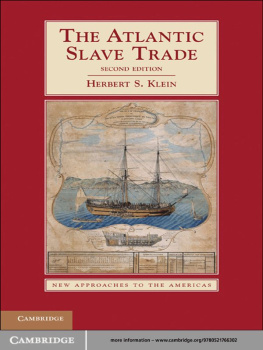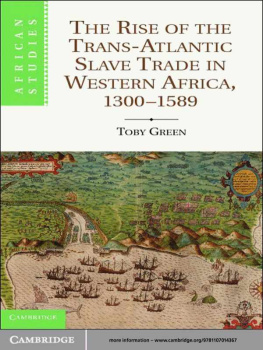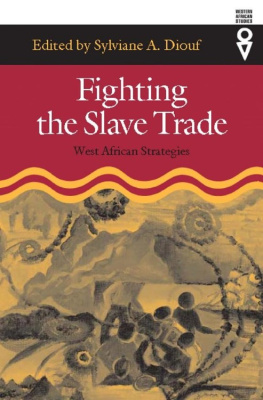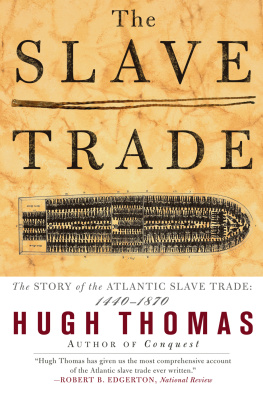Green - A fistful of shells: West Africa from the rise of the slave trade to the age of revolution
Here you can read online Green - A fistful of shells: West Africa from the rise of the slave trade to the age of revolution full text of the book (entire story) in english for free. Download pdf and epub, get meaning, cover and reviews about this ebook. City: Africa;West;West Africa, year: 2019;2018, publisher: Penguin Books Ltd;Allen Lane, genre: Religion. Description of the work, (preface) as well as reviews are available. Best literature library LitArk.com created for fans of good reading and offers a wide selection of genres:
Romance novel
Science fiction
Adventure
Detective
Science
History
Home and family
Prose
Art
Politics
Computer
Non-fiction
Religion
Business
Children
Humor
Choose a favorite category and find really read worthwhile books. Enjoy immersion in the world of imagination, feel the emotions of the characters or learn something new for yourself, make an fascinating discovery.
A fistful of shells: West Africa from the rise of the slave trade to the age of revolution: summary, description and annotation
We offer to read an annotation, description, summary or preface (depends on what the author of the book "A fistful of shells: West Africa from the rise of the slave trade to the age of revolution" wrote himself). If you haven't found the necessary information about the book — write in the comments, we will try to find it.
Green: author's other books
Who wrote A fistful of shells: West Africa from the rise of the slave trade to the age of revolution? Find out the surname, the name of the author of the book and a list of all author's works by series.
A fistful of shells: West Africa from the rise of the slave trade to the age of revolution — read online for free the complete book (whole text) full work
Below is the text of the book, divided by pages. System saving the place of the last page read, allows you to conveniently read the book "A fistful of shells: West Africa from the rise of the slave trade to the age of revolution" online for free, without having to search again every time where you left off. Put a bookmark, and you can go to the page where you finished reading at any time.
Font size:
Interval:
Bookmark:

UK | USA | Canada | Ireland | Australia
India | New Zealand | South Africa
Allen Lane is part of the Penguin Random House group of companies whose addresses can be found at global.penguinrandomhouse.com

First published 2019
Copyright Toby Green, 2019
Maps copyright Neil Gower, 2019
The moral right of the author has been asserted
Cover photograph: Akg Images/Jean-Louis Nou
ISBN: 978-0-241-00328-2
This book is dedicated to all those thanked in the Foreword, for their humanity, friendship, and the beautiful and proper education they have given me.
Especially, it is for Aleida, Fatou and Ruby, and future generations of West African feminists;
and it is for Ben, Hassoum and Sam, and future generations of historians in West Africa;
and it is for Niel, who would have loved reading and arguing about this book;
and it is for my children, Lily and Flora, who have grown up alongside this book.
A ko kolan siman gwlidi, jatigili fla
The stranger is like a dish, that the host can blow on
Lansin Diabat
I am spending what remains to me of life in investigation of the history of this age, and its turns of fortune, good and ill Readers will derive pleasure from the narration and explanation. I go forward to add some ideas of my own I have not stolen my fire from anyones lamp.
Sultan Mohammed Bello of the Sokoto Caliphate, Infakul Maisuri (1812)
. Medieval West African empires and states
. Senegambian states and trading centres
. Political centres of the Gold Coast, sixteenth to seventeenth century
. Aja, Benin, Igbo and Yorb polities
. West-Central Africa, c. 14001700
. West African kingdoms, c. 16001900
Endpapers: Modern West Africa
On my first visit to West Africa, in 1995, I travelled to the Bijags Islands off the coast of Guinea-Bissau. After taking a ferry from Bissau to the main Bijag port of Bubaque, I negotiated a ride with some fishermen to the island of Canogo. We left Bubaque at night, and the sea glowed with phosphorescent algae. I can still remember that glow, and looking up in wonder at the sky salted with stars. Abibu, the Senegalese fisherman who had helped to negotiate my ride, was observing me. He saw my expression and said, Its beautiful to discover the world. Over time, I learnt that that was true; but also that it was not always so beautiful.
Canogo was remote enough for there to be no ferry service nor anything resembling one. The islanders waited for fishermen like Abibu and the crew to come to the island, and then paid to travel back with them to Bubaque, where they could trade for supplies. A few days later, when we returned from Canogo, several islanders joined the boat. We made our way out into the wide channel cutting between mangroves and the neighbouring islands. After several hours travel, we turned off into a swamp, waded ashore carrying our things, and slept on giant leaves that the fishermen had cut with their machetes from some fantastically shaped plants. The next morning, we resumed our journey, and, as we passed a creek heading off away from the main channel, one of the old women with us grimaced and spat into the water. She said something, and Abibu translated: Whoever goes down that creek never returns.
At the time, although heavily educated in Britain, my knowledge was very limited. I did not understand the problematic forces that had driven Western travellers to go to Africa in the past, and that lay behind the interest in the West in what these travellers wrote. Worse, I knew little of West African history, and my ignorance made it hard to break through the carapace of exoticism. I had no idea that the Bijag had been reputed as fearsome warriors and slave traders in the sixteenth and seventeenth centuries, launching long war canoes to the mainland. I also hadnt read the work of anthropologists such as Rosalind Shaw, who, in a later book on Sierra Leone, argued that metaphors of invisibility in West African discussions of magic had a historical meaning, referring to the disappearance of people in the slave trade. Over the years since, I have often thought back to this exchange, and the histories that may have lain beneath it. The fierce warriors who despatched their canoes from that creek or another just like it, participants in West African history, had not been forgotten on Canogo.
As I became a historian, I wondered how you could tally up these fragments of memory with the documentary evidence that is generally used to construct the historical record. Yet I soon discovered that the problem was not that there were no archives dealing with the West African past; rather, it was that they were spread all over the world, and that they were poorly systematized. In the summer of 2009, I visited the Archive of the Indies in Seville, right next door to the cathedral and royal palace. The archivists asked me what I was researching, and when I told them that it was a history of the Cape Verde Islands, one replied, We have no catalogue [seccin] of documents on Cape Verde. This was indeed the case. To research Cape Verde in this famous archive that contains many of the holdings of Colonial Spanish America, you had to read material relating to West Africa that the Spanish Council of the Indies had collated from all across South America. But the material was there all right.
This pattern repeats itself in many parts of the world. As a study of the endnotes of this book will show, my research has taken me far beyond Britains National Archive, to archives in Brazil, Holland, Chile, Colombia, Portugal, Peru and Spain. You can find documents written centuries ago by slave traders, colonial officials and missionaries, often ill-assorted and poorly catalogued. There is detail on dates, officials, trade, warfare between African nations and AfricanEuropean relations. Most, if not all, of this material was recorded because of the broader economic rationale of the trade in enslaved persons that saw these chancers (to use a polite noun) come to West Africa in the first place, and so it gives a skewed perspective. It ignores what was precisely most important to so many West Africans at the time: kinship and family, labour and production, religious practice and observance, dress and fashions, food and family, political allegiance and change. To understand these perspectives, one must spend time in West Africa recording oral histories, recovering social memories if possible (such as that of the old woman from Canogo) and consulting precious recordings of these oral histories where they already exist.
In 2010, I had a stroke of luck. The American historian Walter Hawthorne had visited The Gambia to assist in digitizing the endangered collections of the Gambian National Archive in a project funded by the British Library. While there, he had been introduced to an archive of oral histories that he thought had a lot of material on the distant past, and suggested I have a look. I arrived a few months later, the first of many rewarding research trips. I found cassette recordings made in the 1960s, 1970s and 1980s by Bakary Sidib and a number of assistants, and these interviews with people born in the nineteenth century offered a picture of key events in the distant past. There was material here covering Guinea, Guinea-Bissau, Mali and Senegal, as well as The Gambia. Much of it had been transcribed, and some translated. As other researchers I have met in the mango tree archive at Fajara can attest, this is one of the most precious archives in West Africa.
Font size:
Interval:
Bookmark:
Similar books «A fistful of shells: West Africa from the rise of the slave trade to the age of revolution»
Look at similar books to A fistful of shells: West Africa from the rise of the slave trade to the age of revolution. We have selected literature similar in name and meaning in the hope of providing readers with more options to find new, interesting, not yet read works.
Discussion, reviews of the book A fistful of shells: West Africa from the rise of the slave trade to the age of revolution and just readers' own opinions. Leave your comments, write what you think about the work, its meaning or the main characters. Specify what exactly you liked and what you didn't like, and why you think so.

